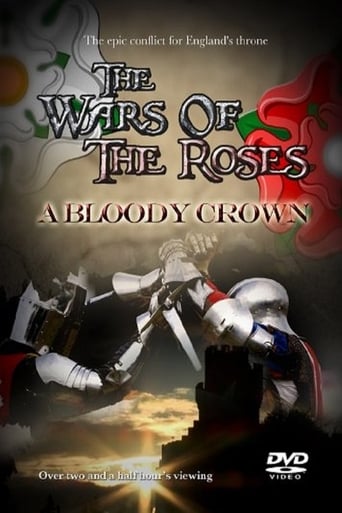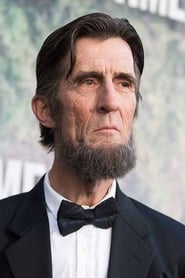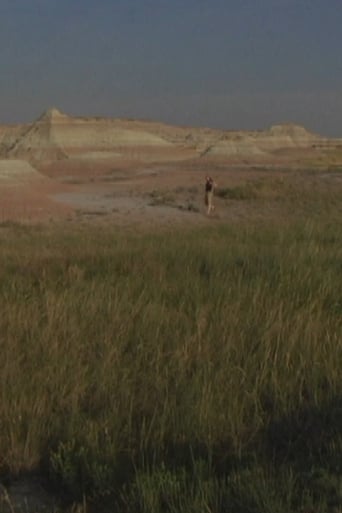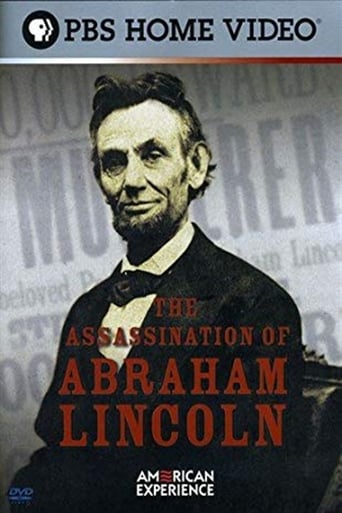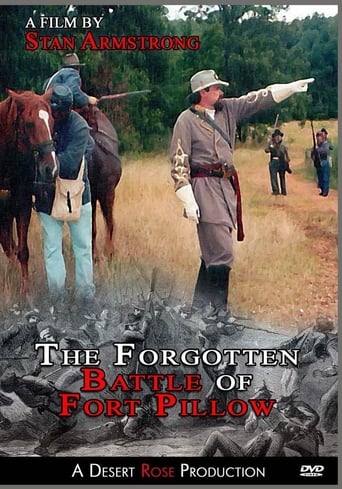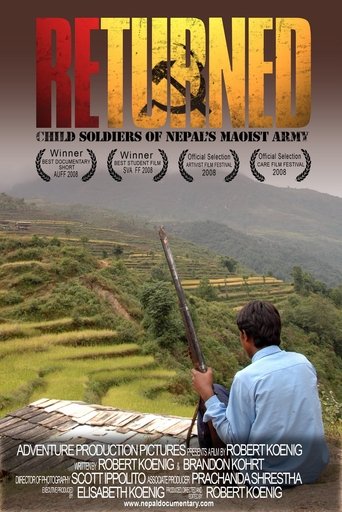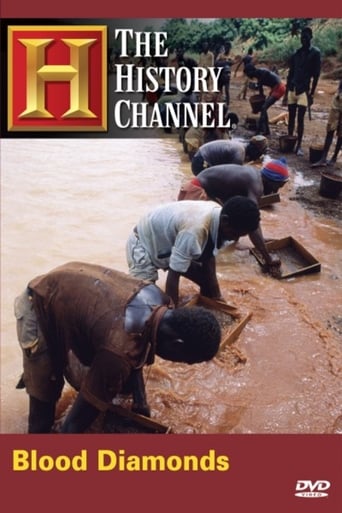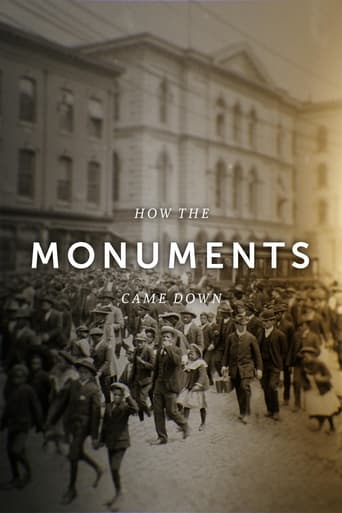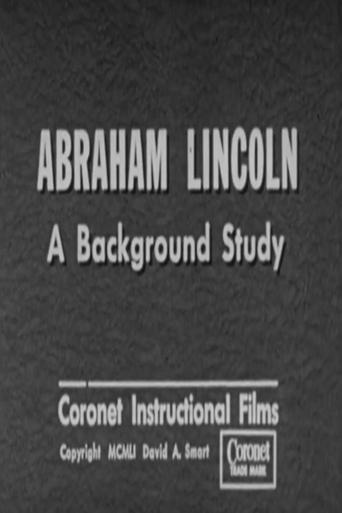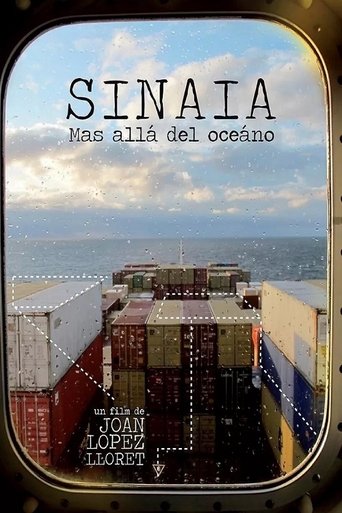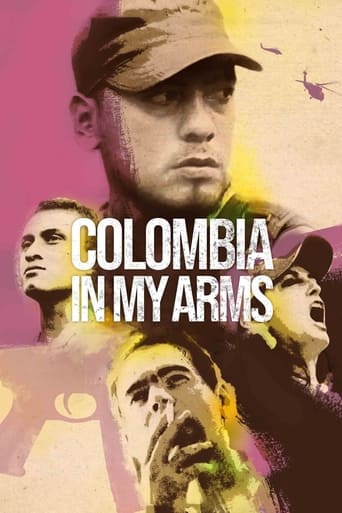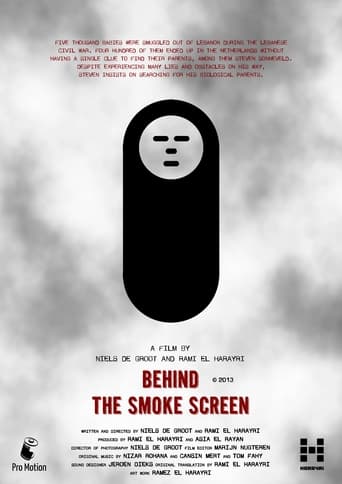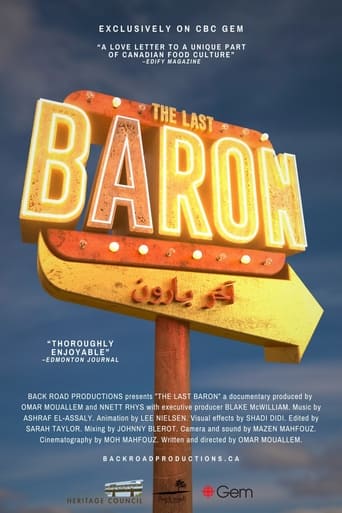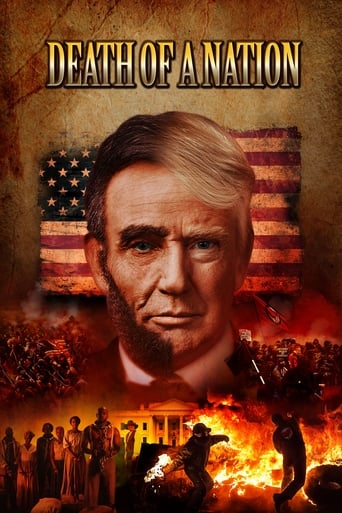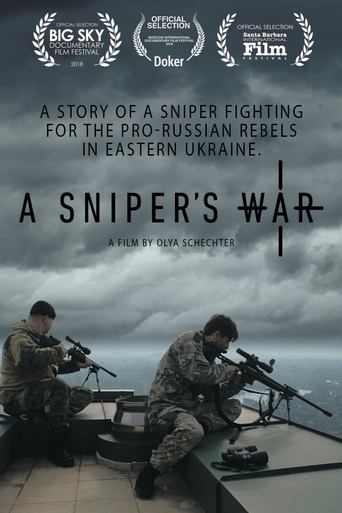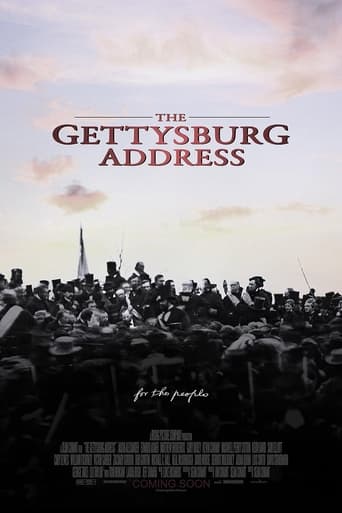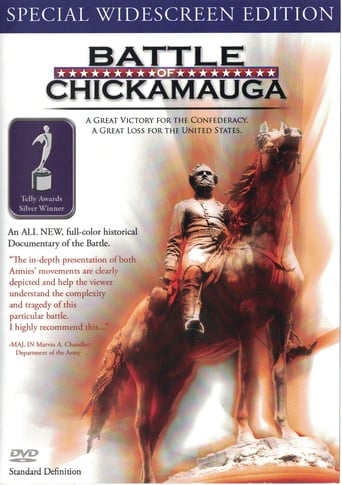
The Battle of Chickamauga
The Battle of Chickamauga proved to be one of the fiercest engagements of the American Civil War. Over a period of two days in September 1863, more than 100,000 men struggled for control of the south's most strategic transportation hub, the city of Chattanooga. Along the hills and valleys surrounding the Chickamauga Creek, over 34,000 casualties would be suffered, and the Confederate Army of Tennessee would achieve their last, great victory. Shot on location using High Definition cameras, this 70-minute documentary film dramatically recreates the battle by including more than 50 fully animated maps, period photographs, historical documents, and over 200 reenactors.
